Duck Duck Go's Unethical Strategy
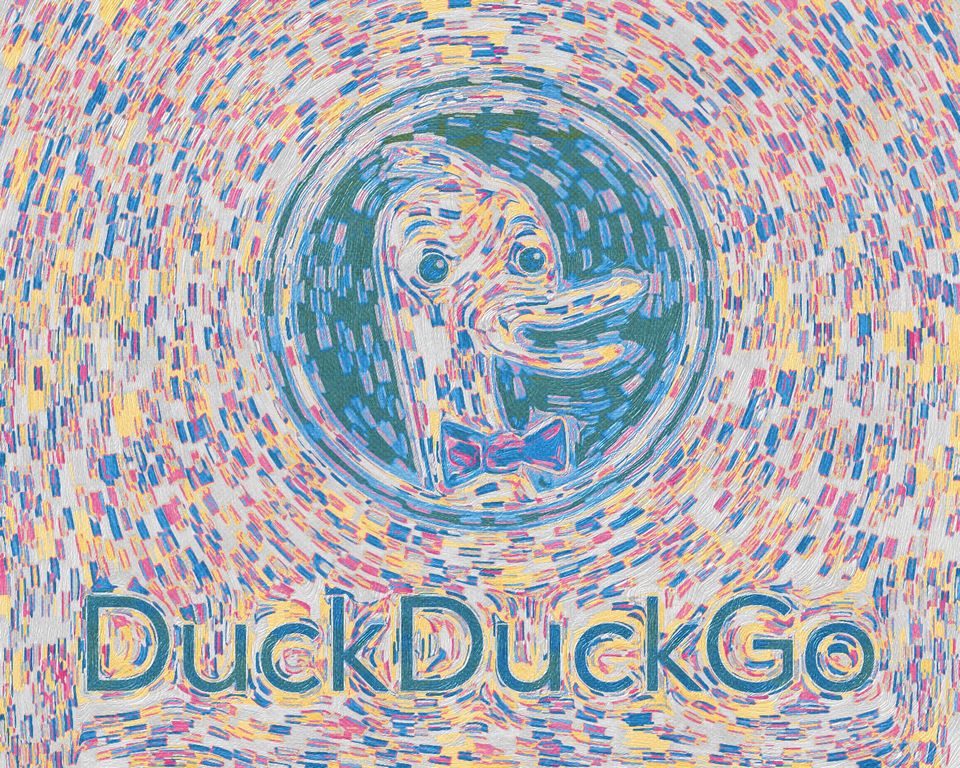
Working with and utilizing the state
Imagine that you and your peer are competing with one another for a promotion or for a client in your market. Each of you are relying on your past work, reputations, and current skills and knowledge. Unfortunately, your peer strikes a deal with the devil.
Your peer accepts aide from the state, where $40k worth of excess taxes is given to him for certification, harmonization, security, or some other statist argument to intervene in the market; or perhaps your peer accepts another form of privilege from the state. Your peer might brand you as "dangerous" and convince the state to take your property for redistribution. Either way, your peer receives that promotion or secures that client, meaning your prosperity is negatively affected by government intervention.
The company Duck Duck Go is that peer.
Many have criticized the founder of Duck Duck Go of censorship when he stated that the search engine would "down-rank sites associated with Russian disinformation." Perhaps this is censorship, but private citizens are free to manage their property as they see fit, and Duck Duck Go (DDG) is the property of private citizens.
I prefer to focus on state censorship - the only censorship that matters. The state forcefully takes from citizens (taxes) so whatever the state does is not reciprocal. In DDG's case, they have to reciprocate with users in order to secure the business of those users; and the company will lose the business of users that find it disagreeable. This is how the free market works. It is fair - that is, when it is free. State intervention is not free.
"Big tech" censorship for instance, along with the politically indoctrinated tampering of user's ad feeds and search results, originated from the state as a form of proxy government. All this time, it wasn't "big tech" censorship but big government censorship. It wasn't "leftist indoctrination" but state indoctrination. And all the while, one government organization kept showing up to defend indoctrination software or stamp their official approval on the propaganda of our time ("extremism," "racism," "terrorism," etc).
That government organization is USAID.
Perhaps it is just a coincidence that Duck Duck Go's vice president of communications, Kamyl Bazbaz, was a former press director for USAID (and a communications director for the Department of State and press secretary for Hillary Clinton). If his current job title with DDG is not enough, consider that at the time of writing this, DDG's twitter page has 2.1 million followers; but DDG only follows 3 people. One of those people is Kamyl.
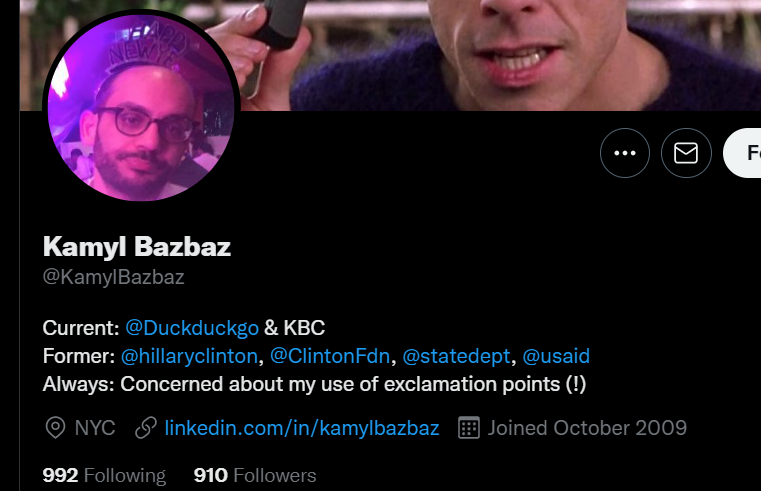
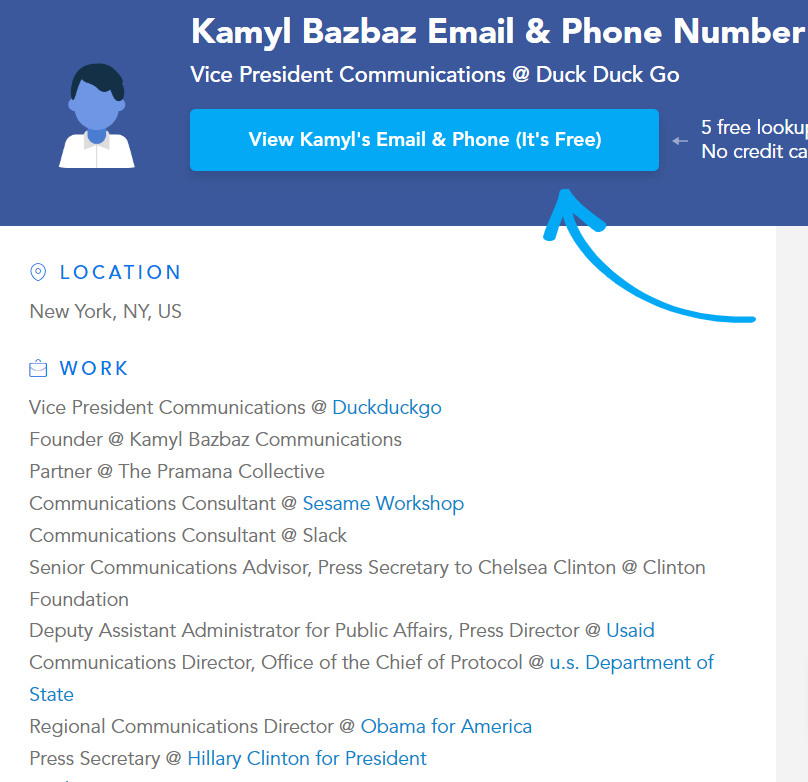
The connection between the propagandist / coercive institution USAID (which serves as a definition for most government agencies) and Duck Duck Go is merely one man at this point. This is useful information to know, particularly since DDG has established itself as a business that does not trust its users to determine fact from fiction on their own with the censorship of Russian sources; yet a reader may not think that this is enough information to slander DDG as the "peer" I mentioned in my introduction.
Very well. Let us now examine DDG's current strategy to "compete" against Google.
When Tattletales Grow Up
Duck Duck Go is calling for government to seize private property of their competitors by appealing to the classic "public interest" fallacy that many statists have a disreputable history of using.
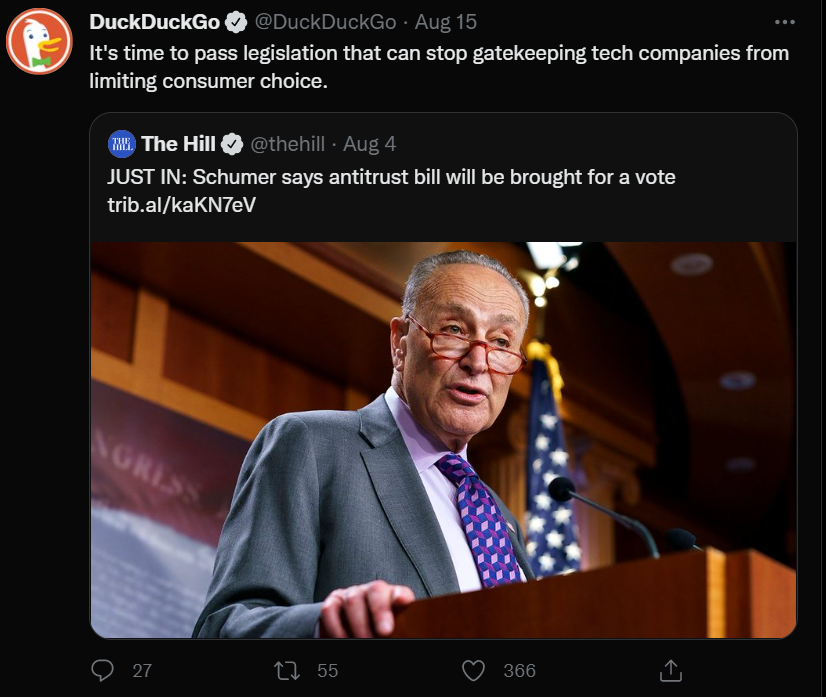
That seizure is called antitrust enforcement.
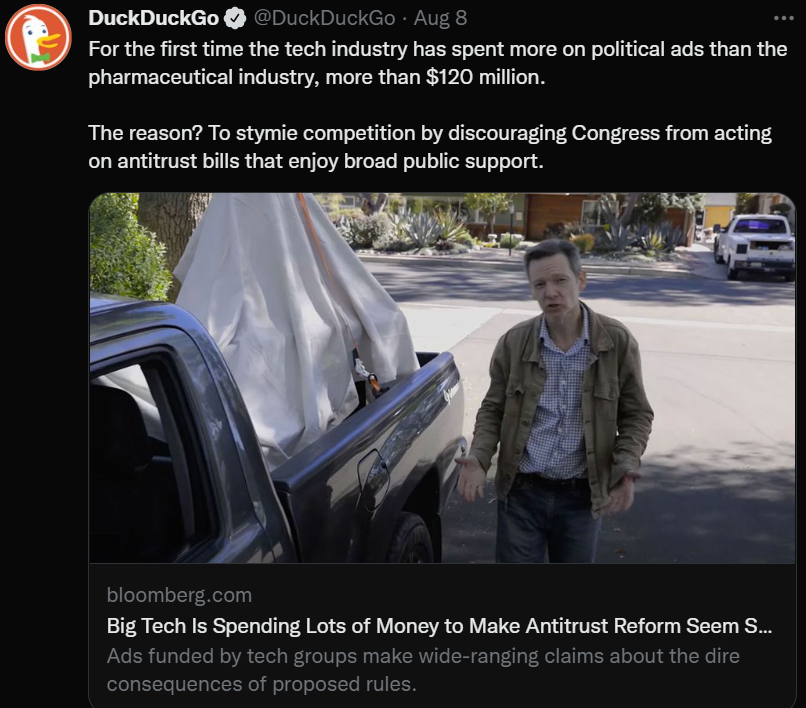
Antitrust legislation is a body of law that relies on arbitrary definitions while wielding awesome powers to disrupt businesses. Yes, the journalist that found censorship software produced by Google's think tank, Jigsaw, advocates that antitrust enforcement is unethical and dangerous.
This is why:
Censorship and propaganda online cannot merely be summarized as "they are private businesses” because we were forced to pay for it in taxes; so why call for even more state intervention?
The proper way to deal with evil is first to identify its very principle; only then can this evil be abolished. Intervention and regulation, instead of banishing evil, only institutionalize it, and use public coercion to promote and continue this evil in official ways, instead of dispelling it. If government somehow monopolized the efforts to keep other monopolies in check, the urgent thing to do is not to use this government monopoly, but to abolish it 15
Antitrust rarely tackles the problem, as was the case with Microsoft in 2000 where illegal activity was not addressed, and legitimate, benign behavior was punished. 15
The inefficacy of antitrust results from an arbitrary de facto definition of 'monopoly’ - that a business is a monopoly because it is large and has few or no competitors. Clearly this is arbitrary if we consider inventions/innovations: by the de facto definition, the entrepreneurs involved would constitute a monopoly since new products necessarily means that no competitors exist yet.
Not only is size arbitrary, but so is sector. Due to specialization of tasks, no business is the same. Anything is a de facto monopoly. This may sound silly, and that is the point – if law is arbitrary, it can be used tyrannically. The state could choose who to target, similar to how it chose targets in the public interest era…similar to how it is currently choosing in the digital market of today.
The de facto definition also excludes the argument of virtual competitors – potential competitors. For example, what is stopping a de facto monopoly from artificially raising prices? After all, that is the predictions of modern antitrust scholars, yet it rarely happens. The business could face retribution from a new rival that capitalizes on customers unhappy with the “price gouging”, so the antitrust scholar’s prediction fails.
The de facto monopoly cannot exclude competitors by force, which is what a true (de jure) monopoly is before statists corrupted the term.
Criteria based on law and other legal constraints define monopolies in law: there is a (quasi)monopoly in law when laws (or any kind of rules enforced by the use of public force) establish a monopoly by preventing customers from seeking providers not blessed by the political power, or equivalently by preventing potential competitors from providing services that compete with those from the protected provider(s). To a libertarian, such laws that promote a de jure monopoly are an assault on the liberties of consumers and competitors, even when they fail to result in a monopoly in fact.” 15
The antitrust scholar has contributed to public ignorance of what constitutes fair and unfair economically, to an arguably greater extent than any other scholar.
Government intervention, subventions, privileges, regulations, taxes, differential treatment, legal discriminations, and all pieces of legislation, are indeed coercive destruction of riches that generate de jure monopolies. Often, this intervention takes the form of laws enacted in the name of the ``public welfare´´, that limit the freedom to contract: the government forces certain transactions to take certain forms, with employers, landlords, retailers and others being bound to conditions not born from the mutual interests of exchangers: minimal and maximal prices, minimal and maximal limitations in the schedule, duration, quality and other conditions of work, of housing, of retail, etc.” 15
The chosen platforms have de jure monopoly status due to state intervention. Size is only a factor within the state’s calculations of what businesses would be more useful to control a population. After all, it is no coincidence that leftist propaganda - placed in front of us by organizations paid by the state - happens to be indistinguishable from state propaganda in the modern setting.
[15]François-René Rideau. "Government and Microsoft: a Libertarian View on Monopolies".
Duck Duck Go has chosen to advocate for dangerous state powers that could be wielded against any one of us due to its arbitrary framework. The search engine is relying on public outrage at Google, who was simply guilty of the very crimes that DDG is committing now - accepting state intervention rather than compete fairly in the markets.
Most of the outrage towards Google is justified, yet the public remains ignorant of what the true cause of censorship and high-tech propaganda was, which I've already mentioned is state intervention. We can't rely on a body of law (part of the state) to solve problems that the state itself created. Furthermore, that body of law will simply be used by the cowards among us that do not want to compete fairly the way that the rest of us do. We could always attack those endless rivers of cowards, yet the ultimate problem - a bloated government that has excess taxes to spend on information control - will not be addressed.
Donate | Contact | Socials
-Kelly Chase Offield, The ARKA Journal
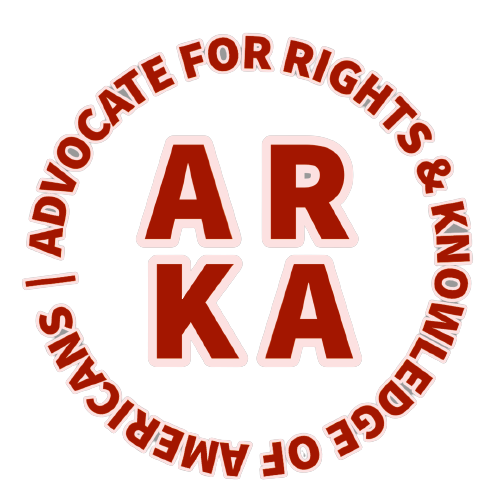
![A Religion Called "Psychology" & the Bully Myth [Part II]](/content/images/size/w750/2022/10/bully2.PNG)
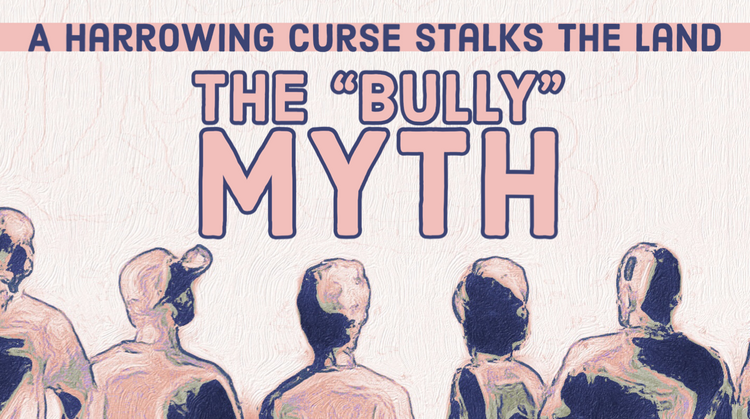
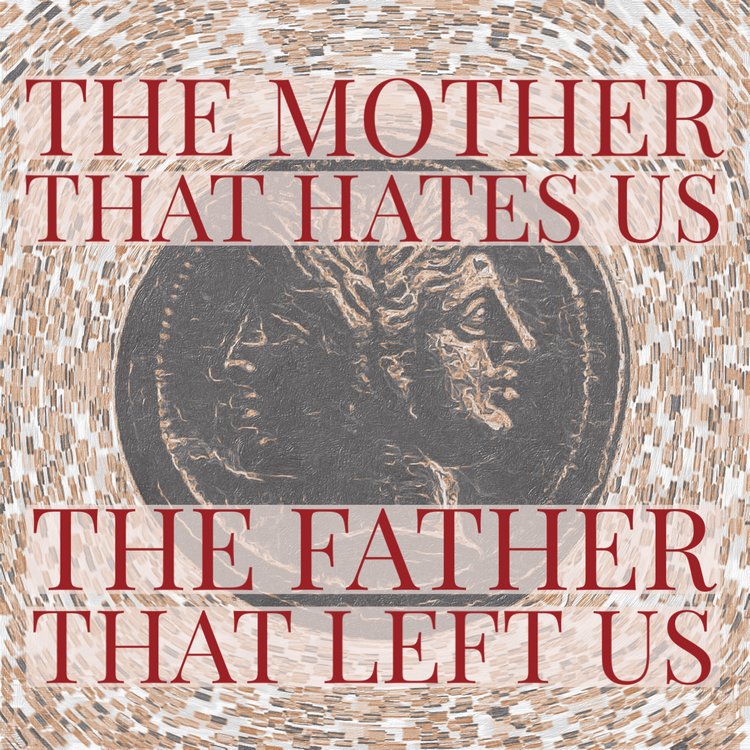
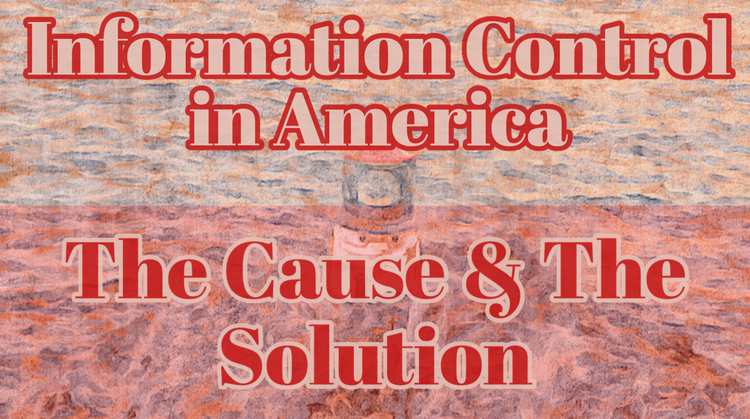
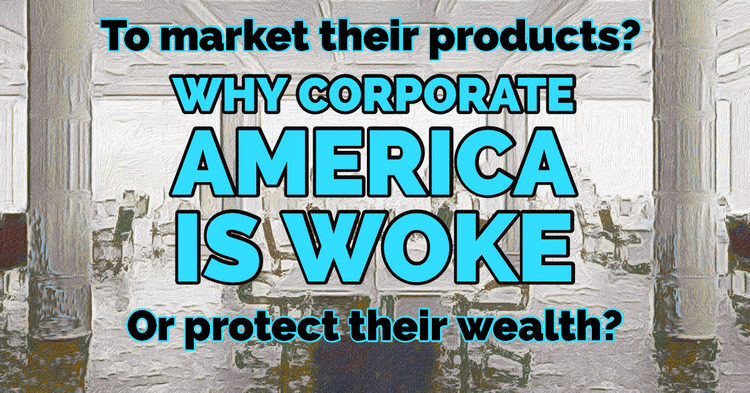
Member discussion